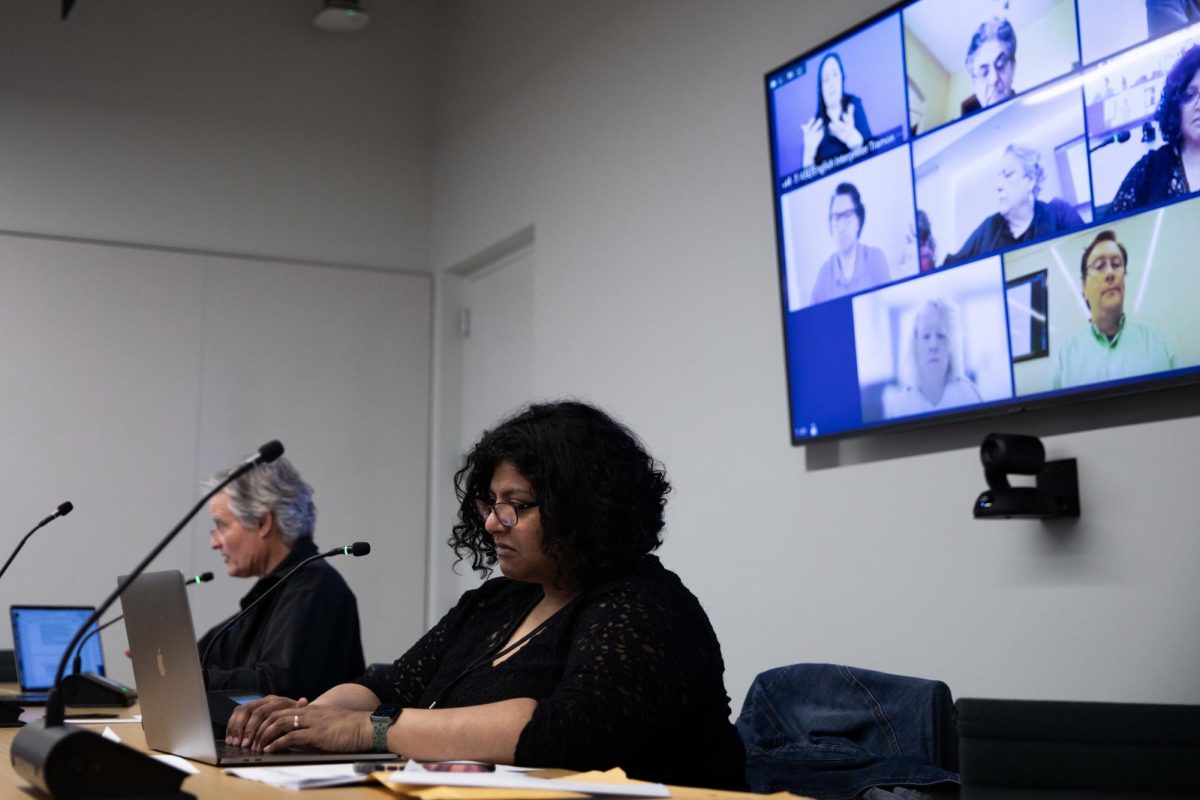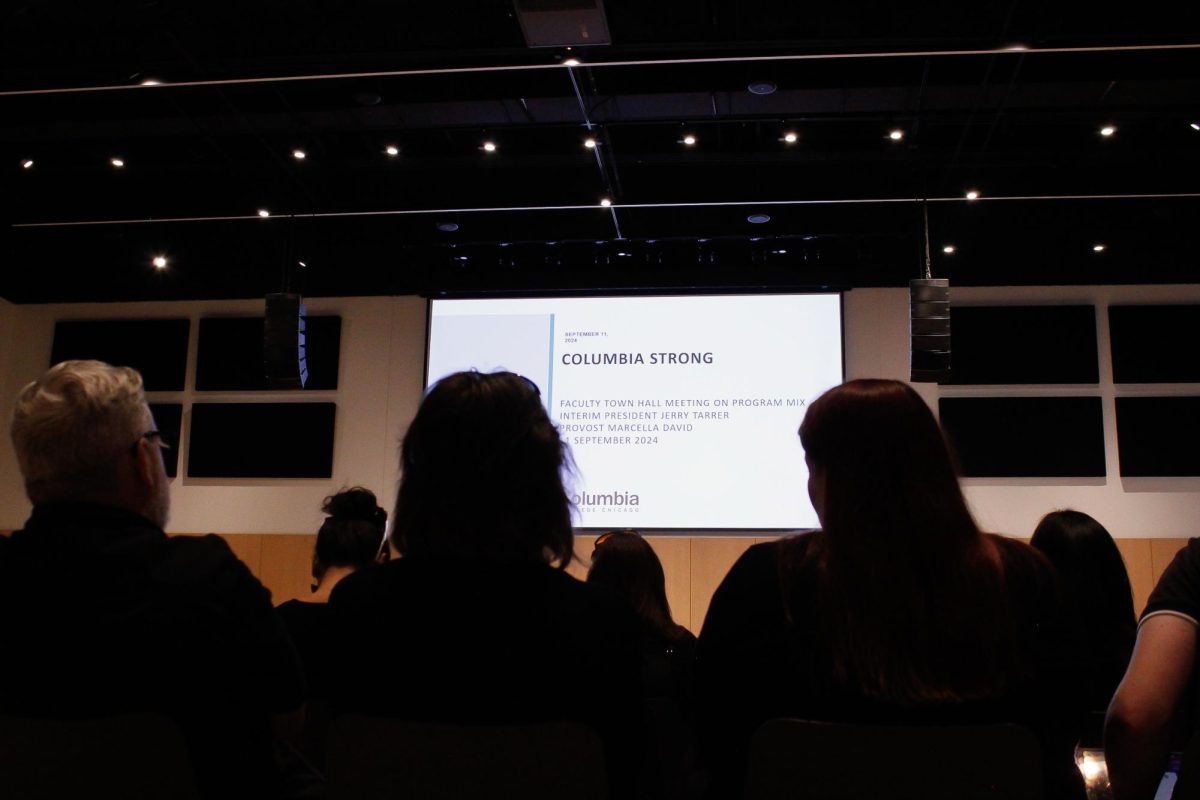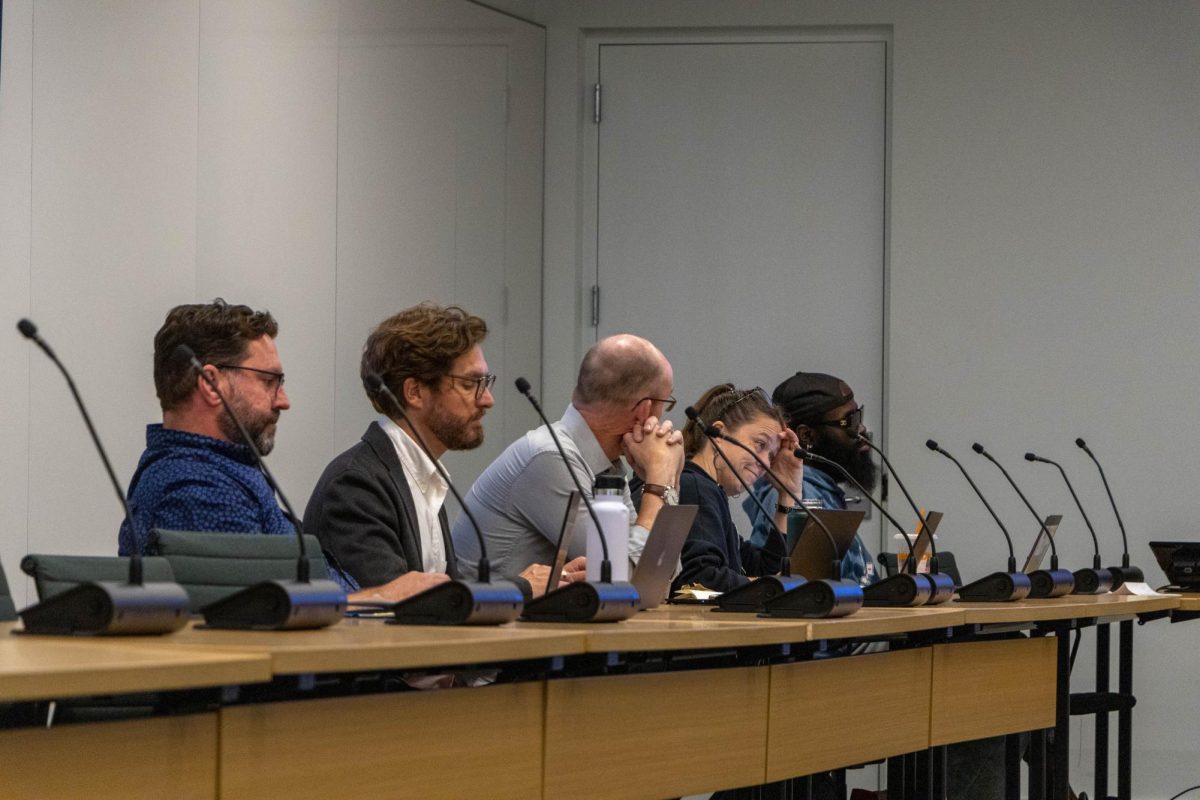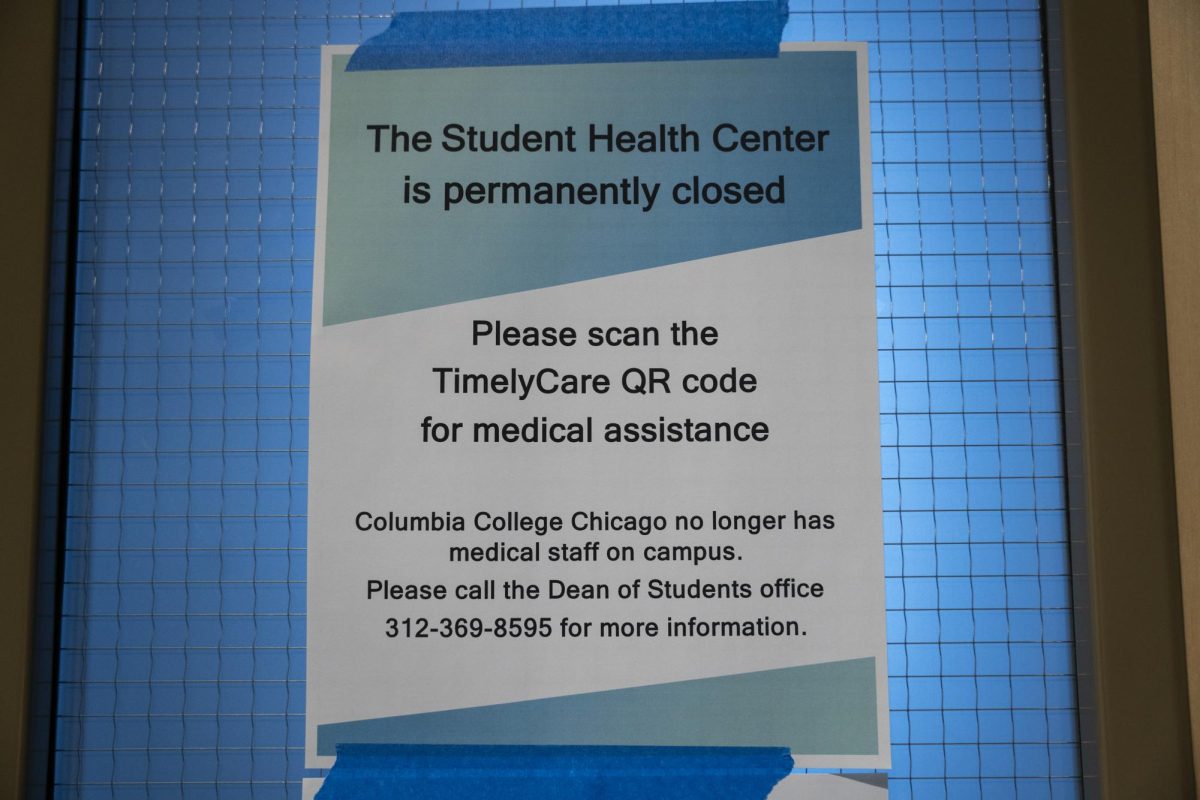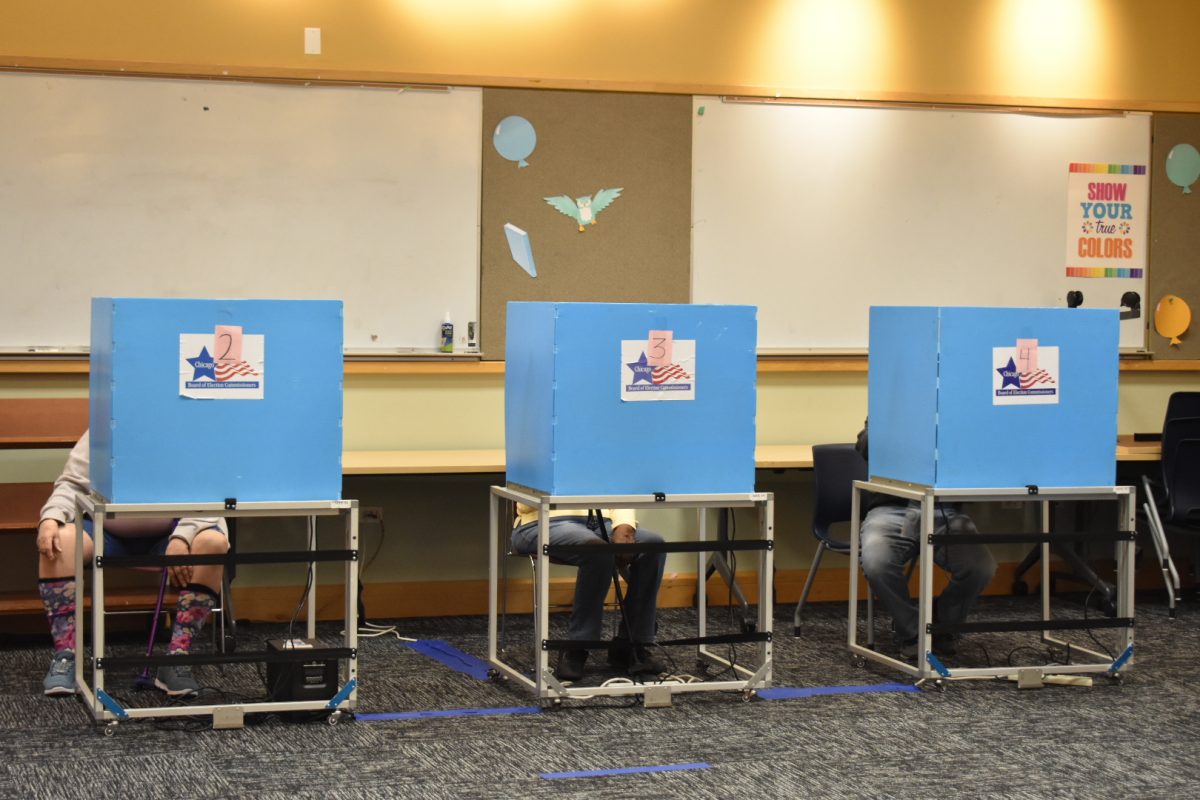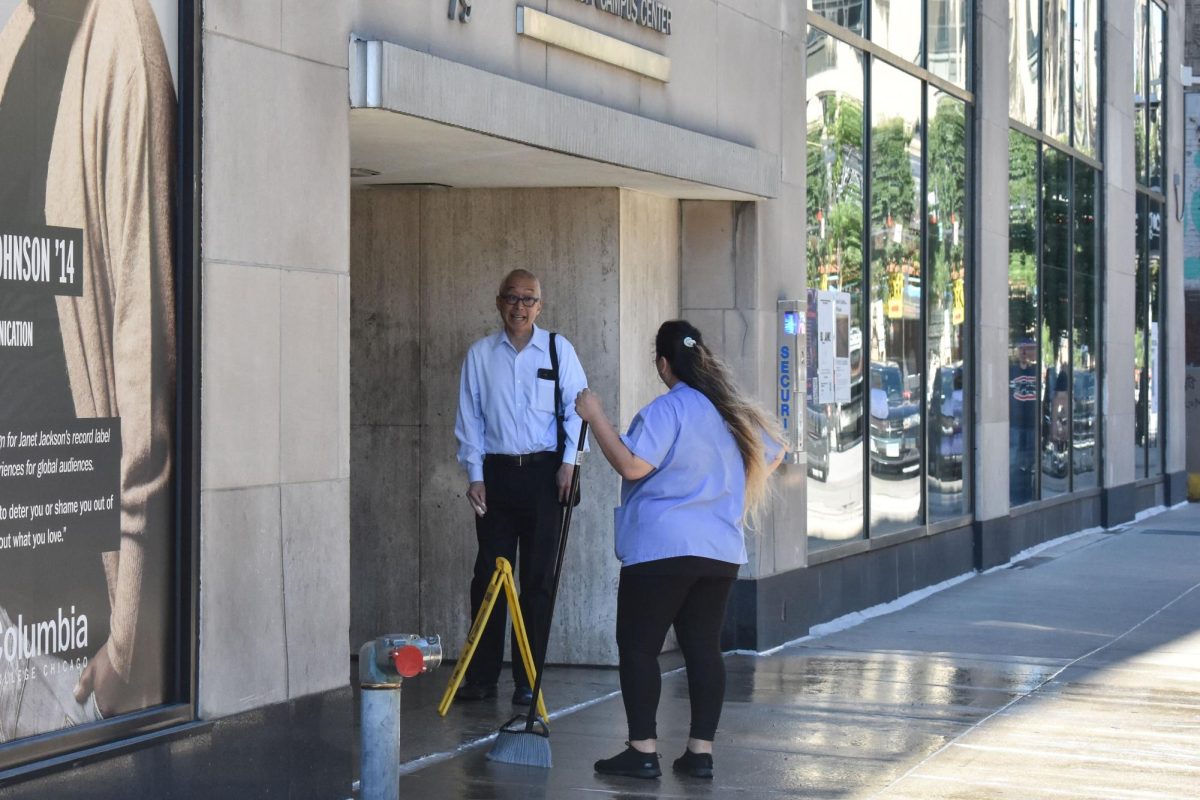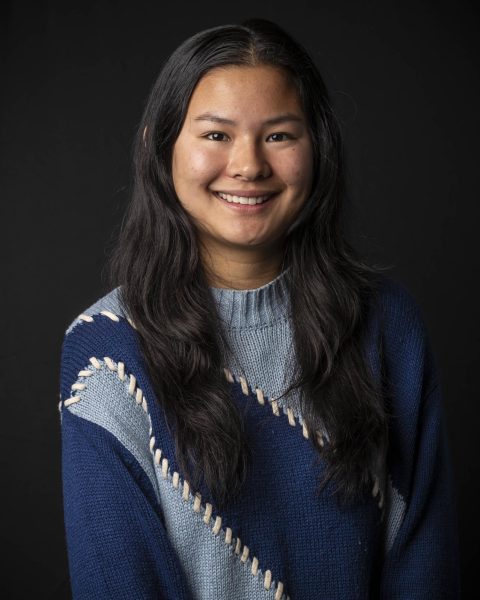The college is hiring global consulting firm AlixPartners to help it restructure and address the $38 million budget deficit.
The firm’s name was announced during a Faculty Senate meeting on Friday, April 12.
AlixPartners is known for its turnaround consulting for organizations with complex financial and restructuring challenges.
Faculty Senate President Madhurima Chakraborty, an associate professor in the English and Creative Writing Department, said senators asked the college how much it was paying Alix but was told that could not be released until the contract was signed. That should have happened by Friday because that is when the college was going to turn over material to the firm to get started, she said.
Lambrini Lukidis, associate vice president of Strategic Communications and External Relations, told the Chronicle that to her knowledge the contract has not yet been finalized.
Last September, Columbia President and CEO Kwang-Wu Kim said the college would need to hire outside consultants to help manage the budget crisis, further exacerbated by the seven-week historic strike by part-time faculty that followed.
But at the time, he said that the help would be pro bono, which generally means unpaid.
Faculty and staff criticized the recommendation to hire outsiders with no understanding of how higher education, or Columbia in particular, worked. The college is a non-profit that depends on tuition to cover its operating expenses.
Faculty raised the same issue again on Friday. David Woolley, professor of instruction in the Theatre Department, said that, at least from the Alix website, the firm appears not to have a specialty in higher education. Some of the industries it highlights include aerospace, defense, commercial real estate, healthcare and telecommunications.
The Senate leadership responded this week to Kim’s draft advisory report to the Board of Trustees. In it, he found that the college had met the criteria for “adverse circumstances,” which would allow it to close programs or majors and lay off full-time faculty with tenure appointments.
He recommended reducing the core requirements and changing the school’s administrative structure by eliminating four schools and replacing them with eight creative entities headed by directors.
His draft report identified 28 degrees as “programs of concern” that he said could be eliminated, revised, or combined with other programs. They include bachelor’s degrees in ASL interpretation, communication and music and bachelor’s of fine arts degrees in computer animation, fashion design and musical theater performance. Some programs that have both bachelor’s and bachelor’s of fine arts degrees are on the list, including film and television, dance and photography.
Kim initially set the timeline for March 2025 for the final list of impacted programs. However, he has since said that hiring the consulting firm would allow those programs to be identified by June 2024.
The Senate largely pushed back on the president’s and the administration’s timeline for the changes that will potentially come to the college.
Woolley said the number of administrators, especially in the middle leadership structure, is concerning. He said faculty could make that point more constructively.
“We all agree that the college is in trouble and we need to be able to do something,” he said.
Chakraborty told senators on Friday that their main argument about the draft advisory report was that it is not complete. “It is an incomplete articulation of the rationale behind why the particular recommended proposals will solve the current or help solve the current financial situation that the school finds itself in,” she said during the hybrid meeting, with some senators in the Student Center boardroom and others on Zoom.
In their report, the Senate’s executive committee questioned the rationale and speed of reducing the core credit requirements from 42 to 30 for students.
Chakraborty said the 24-page response was an effort by more than 40 faculty members, including people outside the Senate and the executive committee.
The Senate’s response was sent to the president on Thursday, April 11. The administration has until May 2 to prepare a final report for the Board of Trustees, which will meet on May 9 to make a decision.
Chakraborty said at the meeting that the Senate response will be attached to the president’s report for the board to review.
Although it is not required by the process outlined in the college’s Statement of Policy, Chakraborty will have the opportunity, along with Sean Andrews, who serves as the faculty representative to the board, to give a short presentation to trustees on the board’s Academic Affairs Committee. Andrews is the associate chair and an associate professor in the Humanities, History and Social Sciences Department.
Copy Edited by Myranda Diaz


